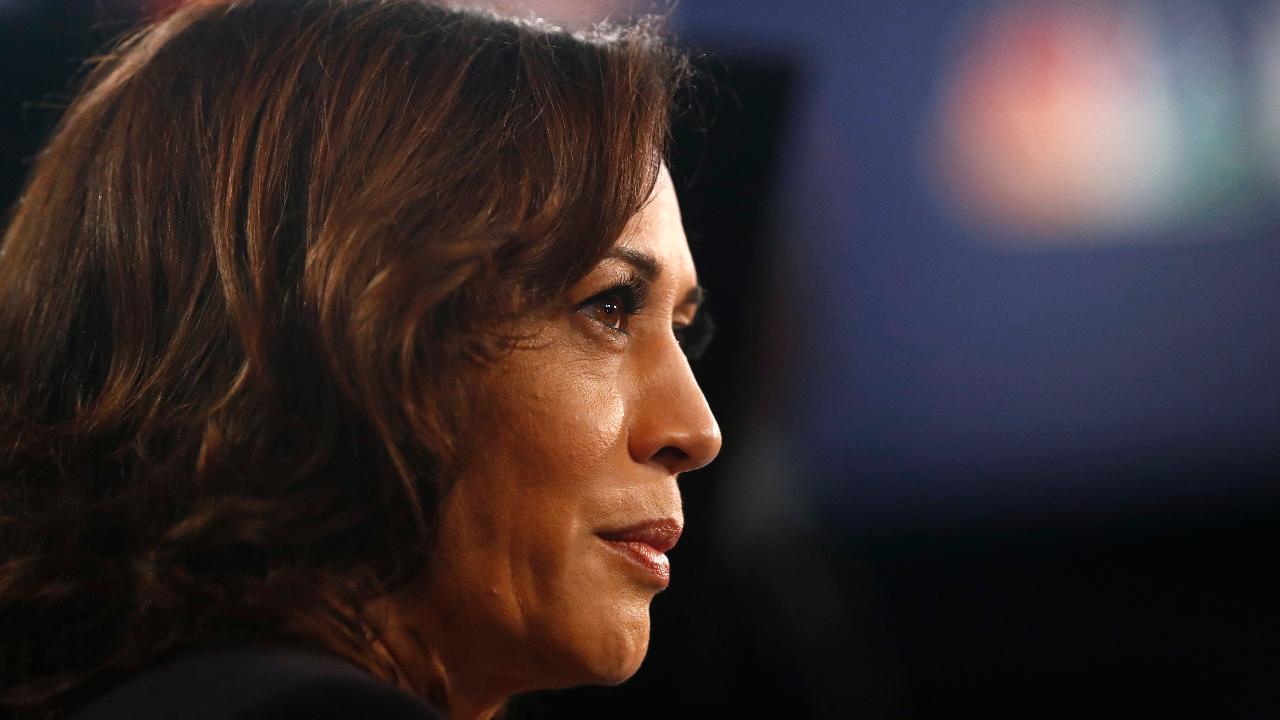What, and who, do 2020 Dems want to tax? Here's a closer look
The 2020 Election will be capitalism vs. socialism: Varney
FBN's Stuart Varney on Democrat debates and who will be the final four fighting it out.
In both his opening and closing statements during the second Democratic debate, New York City Mayor Bill de Blasio laid out a pinnacle part of his long-shot bid to become president: Tax the hell out of rich people.
On Wednesday evening, before the debate in Detroit, de Blasio released a slew of tax proposals, including a wealth tax, an income tax, a corporate profits tax, a CEO pay ratio tax and a big bank excess risk tax, among others. Of course, the chance of de Blasio actually becoming president is incredibly unlikely — despite running the largest city in America, the progressive Democrat is still polling under 1 percent, alongside far less known candidates.
But the message, and political statement, from de Blasio encapsulated what many view as the broader strategy among Democratic candidates heading into the 2020 presidential election: Tax the rich and, in exchange, offer Americans free health care, free child care or free college.
The strategy — go after Wall Street and the wealthy in the name of middle-class America — might not be a panacea to the plethora of issues in Washington, but it’s fairly popular among the general electorate. A Fox News poll released at the end of March, for instance, found that 34 percent of voters’ top tax concern is the rich not paying enough. Respondents in a separate Fox News poll favored tax increases on families making more than $10 million annually, with 70 percent supporting the idea.
Take a closer look at the top 2020 Democratic presidential candidates' stances on taxes and see how it could affect your wallet.
Elizabeth Warren: In January, the Massachusetts Democrat unveiled a proposal to tax the wealthiest Americans. "Ultra-millionaires," or those with more than $50 million in assets, would be hit with a 2 percent tax. That rate would climb to 3 percent for Americans with assets worth more than $1 billion. Warren’s campaign said it would apply to less than 0.1 percent of the population, or roughly 75,000 families.
Economists anticipated the tax would generate about $2.75 trillion over the course of a decade.
With the funds from the tax, Warren said she hopes to pay for "big, structural changes" including universal child care, free public college and the cancelation of most student debt in the U.S.
Bernie Sanders: The self-described democratic socialist wants to tax Wall Street transactions in order to eliminate all $1.6 trillion of student loan debt in the U.S. Dubbed the "Inclusive Prosperity Act," the bill calls for a tax of 0.5 percent on stock trades, 0.1 percent on bonds and 0.005 percent on derivatives. Essentially, the tax on a $1,000 stock trade would come out to $5. According to some estimates, the tax could raise about $600 billion over the course of a decade — a fraction of the total needed to eliminate student loan debt.
The Vermont independent also has a separate plan to place an estate tax on the top 0.2 percent of Americans worth more than $1 billion. He estimated it would collect $2.2 trillion from 588 billionaires.
During the first presidential debate, Sanders also admitted that taxes on the middle class would go up in order to fund Medicare for All; however, he argued the cost would be offset by the elimination of premiums and out-of-pocket expenses.
Kamala Harris: The California Democrat wants to pay for her newly released Medicare for All proposal by taxing, in part, financial trading. Her plan would tax stock trades at 0.2 percent, bond trades at 0.1 percent and derivative transactions as 0.002 percent. She claimed it would raise "well over $2 trillion" within 10 years.
Harris, to the skepticism of some, has said that taxes would not rise for families making under $100,000. Critics also have argued that it’s difficult to tax financial transactions without jeopardizing retirement goals for a number of Americans.
Pete Buttigieg: During an April interview with CNBC, the mayor of South Bend, Indiana said he supported exploring a higher marginal tax rate for top income earners, as well as the possibility of a wealth tax. In a New York Times interview, Buttigieg threw out the possibility of a 49.9999 percent top rate.
"There’s something about paying the majority of a dollar that comes your way to Uncle Sam that I think people have more trouble with," he said.
He also said he would favor a financial transaction tax. It’s unclear who, exactly, these taxes would affect. The highest tax bracket is currently 37 percent for individuals earning more than $500,000.
CLICK HERE TO GET THE FOX BUSINESS APP
Joe Biden: Biden, the frontrunner, might be a stalwart of the Obama administration, but he’s ventured further left when it comes to raising taxes in order to fund his health care plan — to build on the Affordable Care Act. To pay for the plan, which he estimates would cost $750 billion, Biden said he wants to eliminate the capital gains tax loopholes for the "super-wealthy."
"Biden will roll back the Trump rate cut for the very wealthy and restore the 39.6% top rate he helped restore when he negotiated an end to the Bush tax cuts for the wealthy in 2012," his website said. "Biden’s capital gains reform will close the loopholes that allow the super-wealthy to avoid taxes on capital gains altogether."





















